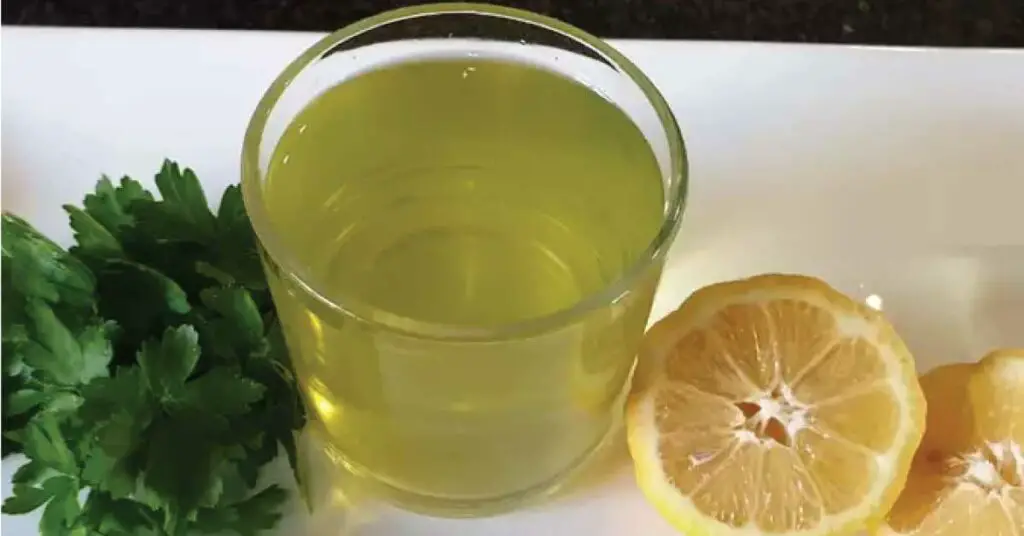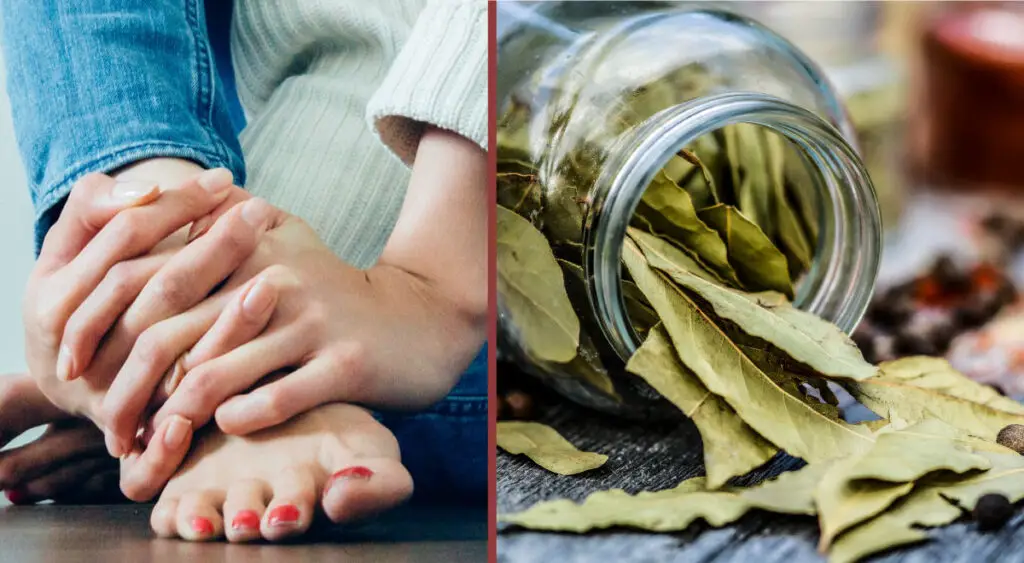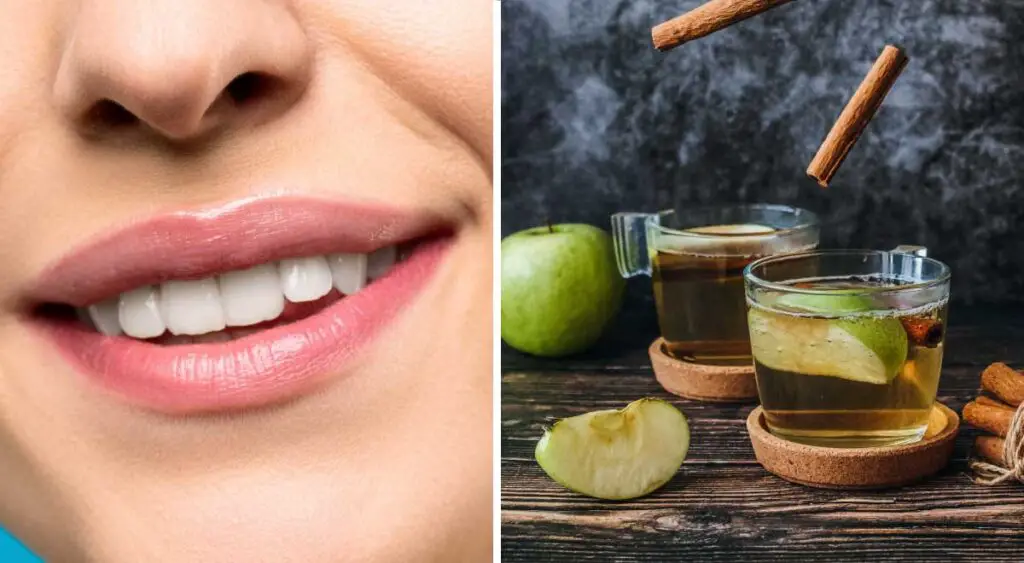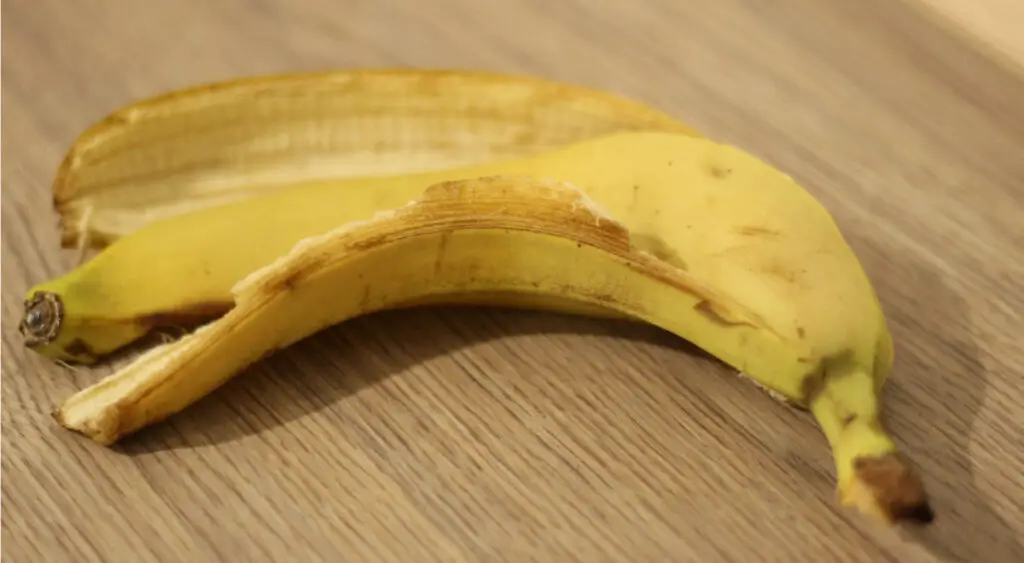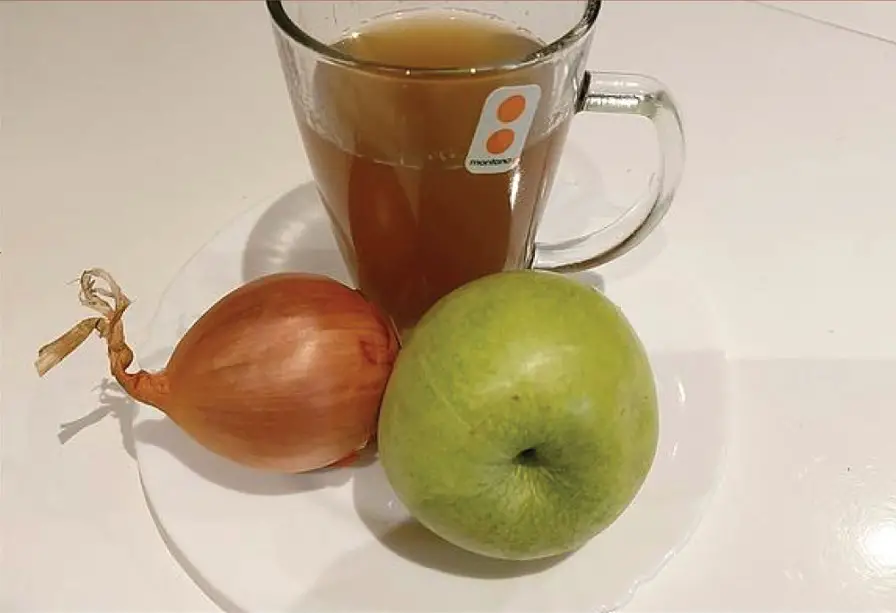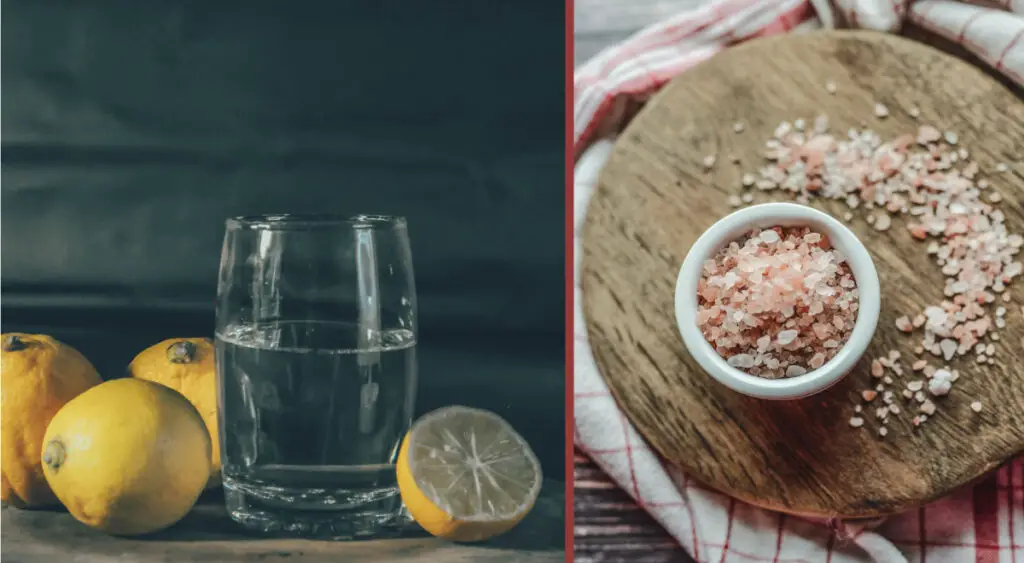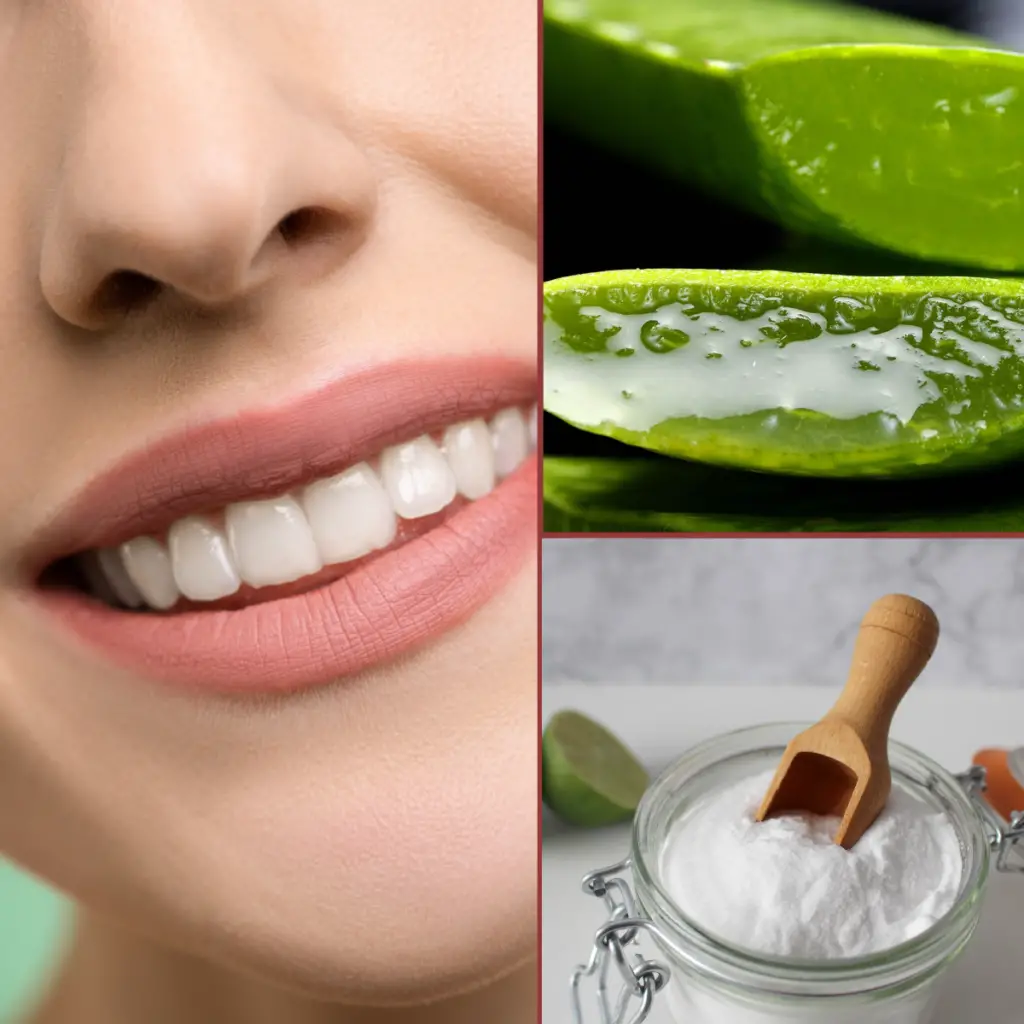Urinary tract infections are no fun. If you’ve ever had one, you know that they can cause a lot of pain and discomfort. UTIs occur when bacteria enter the urinary tract and multiply. This can happen because of sexual activity, tight clothing, or even during pregnancy. All cases result in the same suffering, regardless of how this has happened.
A UTI may be accompanied by a strong urge to urinate, discomfort or burning during urination, hazy urine, and unpleasant-smelling urine. If left untreated, a UTI can lead to more serious problems like kidney infections. Thankfully, there are some things you can do to stop it in the first place, or to help stop it from spreading and helping to cure it.
The most important features to search for in herbs that treat UTIs are as follows:
Anti-microbial properties: It aids in the eradication of germs that cause infection.
Diuretic properties: Diuretics are used to treat a variety of ailments and are utilized to increase the amount of salt your kidneys eliminate through urine. We just want to encourage a greater volume of urine to flush out germs and relieve discomfort in the case of a UTI.
Anti-spasmodic properties: Anti-spasmodics can be used to treat any painful spasm or cramp associated with a UTI. The bladder is frequently the site of a spasm.
Anti-inflammatory properties: Over time, continued irritation can inflame and damage the lining of the urethra. This inflammation can cause severe discomfort if it is not treated. It’s not much fun to be afraid whenever you pee.
1. Drink a lot of water
This is one of the most under-appreciated cures for a UTI and may not seem like much, but it is extremely vital. Drinking a lot of water helps in flushing and thus eliminating the bacteria that cause UTIs, but more significantly, it gives you something to push during urination! Because you should always be flushing fluid through your system to assist it in eliminating the bacteria, a lot of home treatments for urinary tract infections are liquids.
2. Go pee as often as you can
It’s crystal clear, but not peeing or holding it for longer while you have a UTI, raises the likelihood of bacteria multiplying and causing a more serious infection. If you have a UTI, each time you urinate, some of the bacteria leave with it. Although it might be unpleasant, urinating as often as feasible is an important stage in recovering.
3. Baking soda
Baking soda is an alkaline substance, which means it can assist reduce or eliminating the acidity of your urine. If your urine feels like it’s on fire, baking soda will help a lot.
Put 1 tsp of soda in a glass of water, stir it and drink it. This should be done – as a first thing in the morning. Don’t do this for longer than a week, and don’t use it if you’re trying to avoid salt. Baking soda is extremely high in sodium.
4. Water with parsley
Parsley is a diuretic, which means it helps your kidneys remove extra salt from your body. Diuretics are used to treat a variety of ailments and work by encouraging your kidneys to release more sodium in the urine. Water also goes with this process, and it is also a method for lowering blood pressure. But in UTI cases the point is to enhance urine production.
Needed: around 1 cup of raw, fresh parsley and 1 cup of water
Direction: Before boiling point add the parsley to the water. Reduce the heat to a low simmer and let the leaves steep in the water for 5-10 minutes. Remove the leaves and drink the water warm. Place it in the fridge for a delicious parsley “iced tea” on a hot summer day.
5. Celery seeds
Celery seeds have diuretic properties owing to one of celery oil’s components, butylphthalide. If you find parsley water too much for you, consider chewing a handful of celery seeds. They can also add to the production of urine.
Snack on celery seeds right after a meal at least once or twice per day, since they may also enhance digestion. Some anecdotal evidence suggests that doing this on a daily basis can aid in the prevention of UTIs.
6. Ginger Tea
Ginger is a must-have for any list dealing with any type of inflammation. It can slow prostaglandin synthesis, a pathway that produces little messengers (prostaglandins.)
Prostaglandins are chemical messengers that affect a variety of biological functions, including inflammation. They send pain signals to neurons as well. It might also assist to prevent inflammation, alleviate existing inflammation, and relieve pain. This is the same method that over-the-counter anti-inflammatory drugs use but with none of the unpleasant side effects!
7. Cranberry Juice
The idea behind consuming cranberries lies in the fact that the bacterium that causes UTIs, has fimbria appendages. This is the part where the bacteria attaches to the lining of the urethra. The acidic chemicals in cranberries juice might make it more difficult for the fimbria to adhere to surfaces, lowering the incidence of infection and limiting bacterial growth.
Although further research is needed, preliminary studies seem to indicate that it helps. However, it’s most effective on individuals who have had UTIs previously or are experiencing recurrent infections. To experience the benefits, you must also drink a significant amount of it, and many people in studies stopped because they got stomachaches. That being said, it’s something you should try because you may discover that it works for you.
8. Feel blue with blueberries
Blueberries, like cranberries, belong to the same genus and are believed to help prevent UTIs by modifying the bacteria’s fimbria. Clear blueberry juice is almost impossible to find because is always mixed with grape or apple so the best thing to do is to consume raw blueberries.
You can eat them alone, add them to almost any breakfast or put them in a smoothie or oatmeal. Enjoy!
9. Horseradish, who would say
Horseradish is a root that comes from Europe and belongs to the cabbage family. It’s known for its fiery, sour, respiratory-clearing paste prepared from the plant’s white roots. Allyl isothiocyanate (AITC) is a natural chemical in the plant that has a potent antimicrobial action.
Cranberries and blueberries are bacteriostatic, which means they prevent the growth of bacteria. AITC, on the other hand, is bactericidal and has a high rate of killing bacteria right away. It targets the bacterial cell membrane, making it impossible for the bacterium to survive.
10. Use heat
When you have a urinary tract infection, not only does pee hurt but the inflammation and irritation can lead to an all-consuming feeling of discomfort that makes you feel like you’re being crushed.
If you are experiencing severe pain in your lower abdomen, it’s usually a sign that your bladder is irritated or upset. If you experience any of the symptoms above, heat application to your bladder may provide significant comfort.
The soothing warmth will soothe your muscles and melt away the discomfort caused by spasms or inflammation.
Directions: Fill up a bottle with hot, but still pleasant-to-the-touch water. Place a layer of clean, dry cloth right over your bladder and lay on the bottle. For better, you can wrap the bottle too. You may rest your palms lightly on it to increase contact, but don’t push down too hard. Leave the bottle on for as long as needed.

